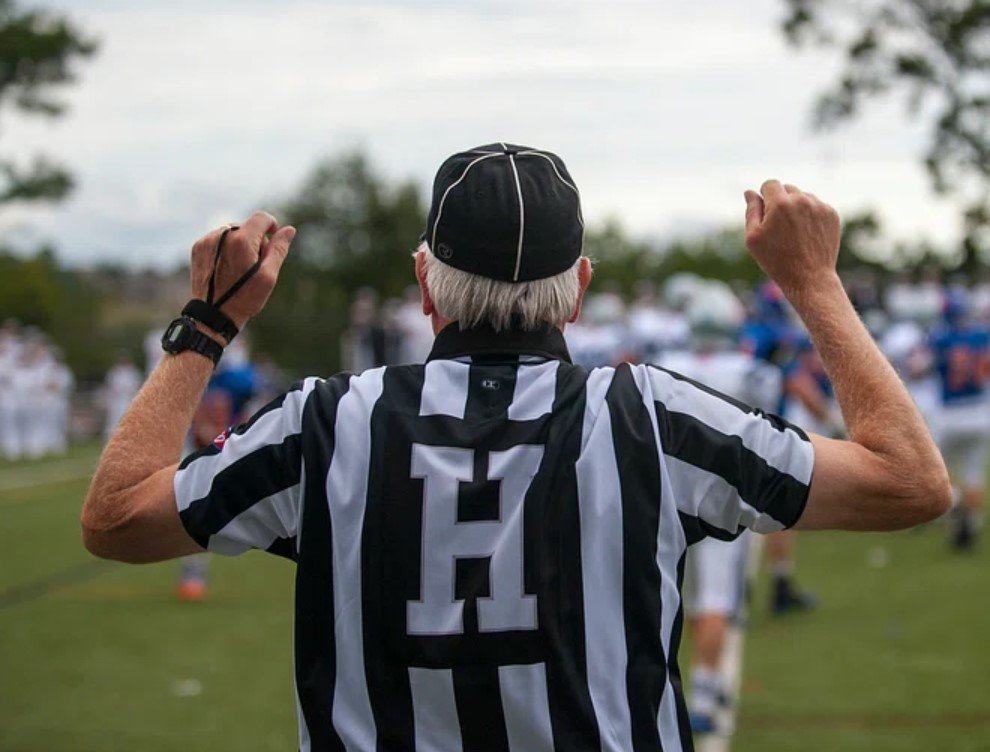In a surprising development, former University of Colorado (CU) Buffs football coach Trevor Reilly attempted to secure Name, Image, and Likeness (NIL) funding from Saudi Arabia. Reilly, who served as the special teams coordinator, traveled to the Middle East during the holiday season to meet with representatives from Saudi Arabia’s Public Investment Fund (PIF). Despite his efforts, the initiative did not receive the necessary support from the university’s athletic department, leading to his resignation. This incident highlights the lengths to which college programs are willing to go to secure NIL funding in the competitive landscape of college sports.

Unconventional Fundraising Efforts
Trevor Reilly’s attempt to secure NIL funding from Saudi Arabia was an unconventional move that caught many by surprise. Reilly, who was responsible for handling NIL activities alongside his special teams duties, took it upon himself to explore international funding opportunities. His trip to Saudi Arabia was aimed at tapping into the vast resources of the PIF, one of the largest sovereign wealth funds in the world.
Reilly’s efforts were driven by the need to keep up with the escalating demands of NIL funding in college sports. With top programs securing millions of dollars for their athletes, Reilly believed that international funding could provide a competitive edge for the Colorado football program. Despite his ambitious plans, the lack of support from the athletic department ultimately led to the failure of his fundraising efforts.
The resignation letter Reilly submitted to Colorado athletic director Rick George and head coach Deion Sanders detailed his frustrations. He expressed disappointment over the lack of backing for his initiatives and the challenges he faced in securing funding. Reilly’s resignation marked the end of his tenure with the Colorado football program, but it also shed light on the complexities and pressures associated with NIL funding.
The Role of NIL in College Sports
The introduction of NIL rights has transformed the landscape of college sports, allowing athletes to profit from their name, image, and likeness. This shift has created a new competitive environment where programs must secure substantial funding to attract and retain top talent. The pressure to provide lucrative NIL deals has led to innovative and sometimes controversial fundraising efforts.
Reilly’s attempt to secure funding from Saudi Arabia is a testament to the lengths to which programs are willing to go to stay competitive. The PIF, with its vast financial resources, represented a potential goldmine for NIL funding. However, the ethical and logistical challenges of securing international funding for college athletes cannot be overlooked. The incident raises questions about the boundaries of NIL fundraising and the responsibilities of athletic departments in overseeing these efforts.
The Colorado football program, like many others, is navigating the complexities of NIL funding in a rapidly changing landscape. The need to balance competitive advantage with ethical considerations is a challenge that programs across the country are grappling with. Reilly’s experience highlights the importance of clear guidelines and support from athletic departments to ensure that NIL initiatives are conducted responsibly.
Implications for the Future
The incident involving Trevor Reilly and his attempt to secure NIL funding from Saudi Arabia has significant implications for the future of college sports. It underscores the growing importance of NIL funding and the lengths to which programs are willing to go to secure financial support. As the landscape continues to evolve, it is likely that more unconventional fundraising efforts will emerge.
For the University of Colorado, the incident serves as a reminder of the need for clear policies and oversight regarding NIL activities. The athletic department’s response to Reilly’s efforts highlights the importance of maintaining transparency and ethical standards in fundraising. Moving forward, programs will need to navigate the complexities of NIL funding with careful consideration of both competitive and ethical factors.
The broader implications for college sports are also significant. As programs seek new sources of funding, the boundaries of NIL fundraising will continue to be tested. The incident with Reilly may prompt other programs to explore international funding opportunities, but it also serves as a cautionary tale about the challenges and risks involved. The future of NIL funding in college sports will depend on the ability of programs to balance innovation with responsibility.
